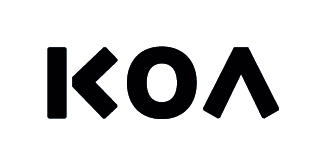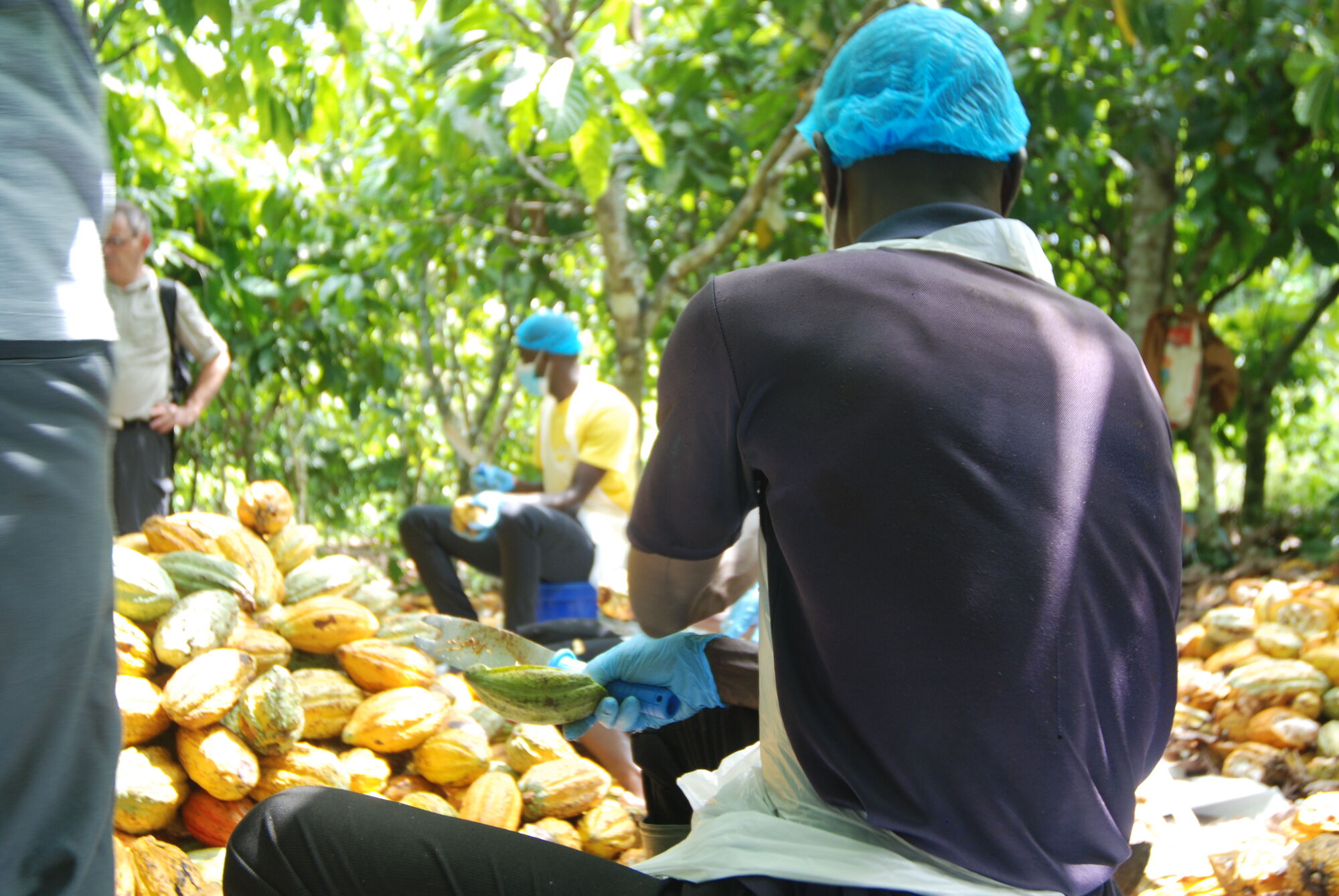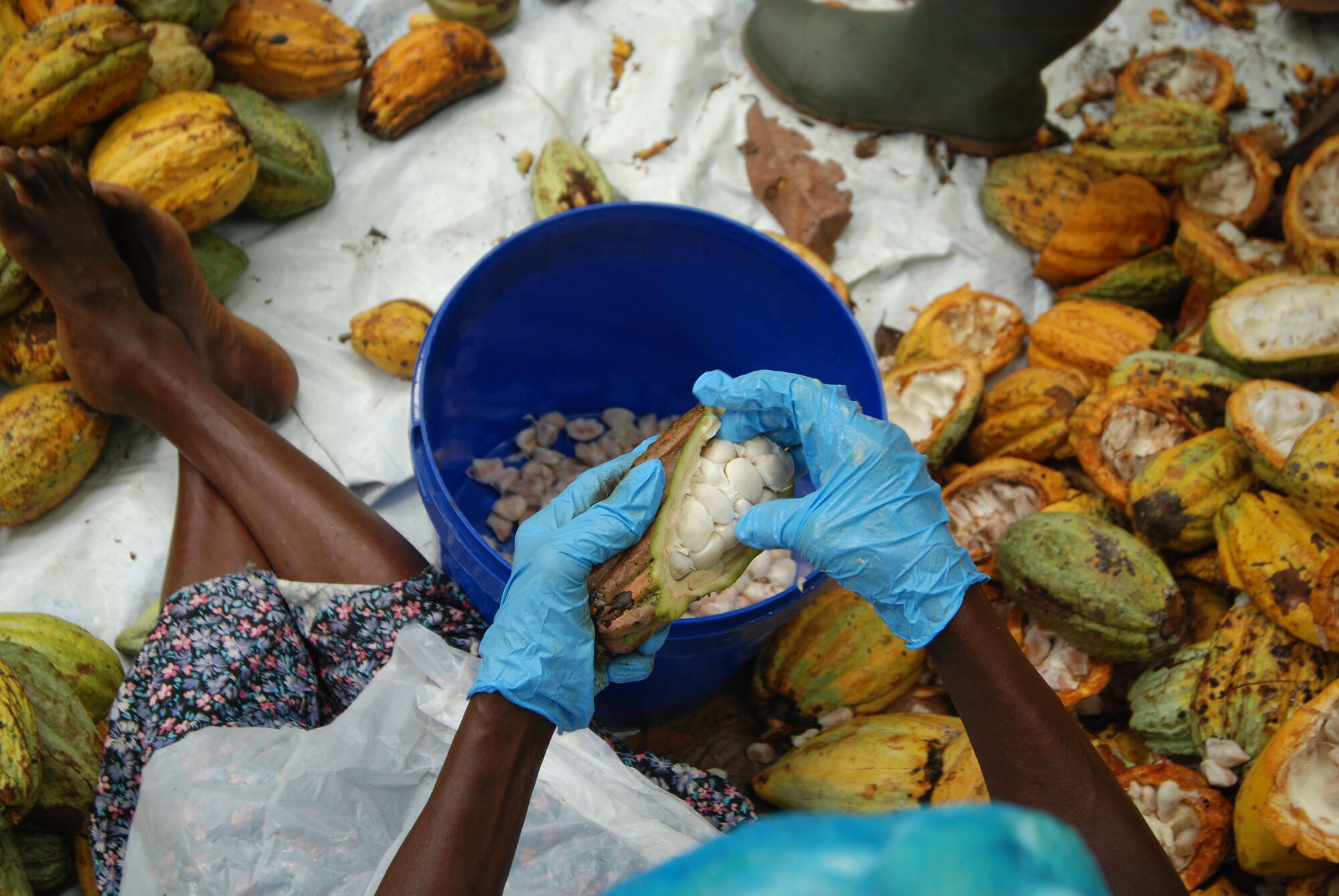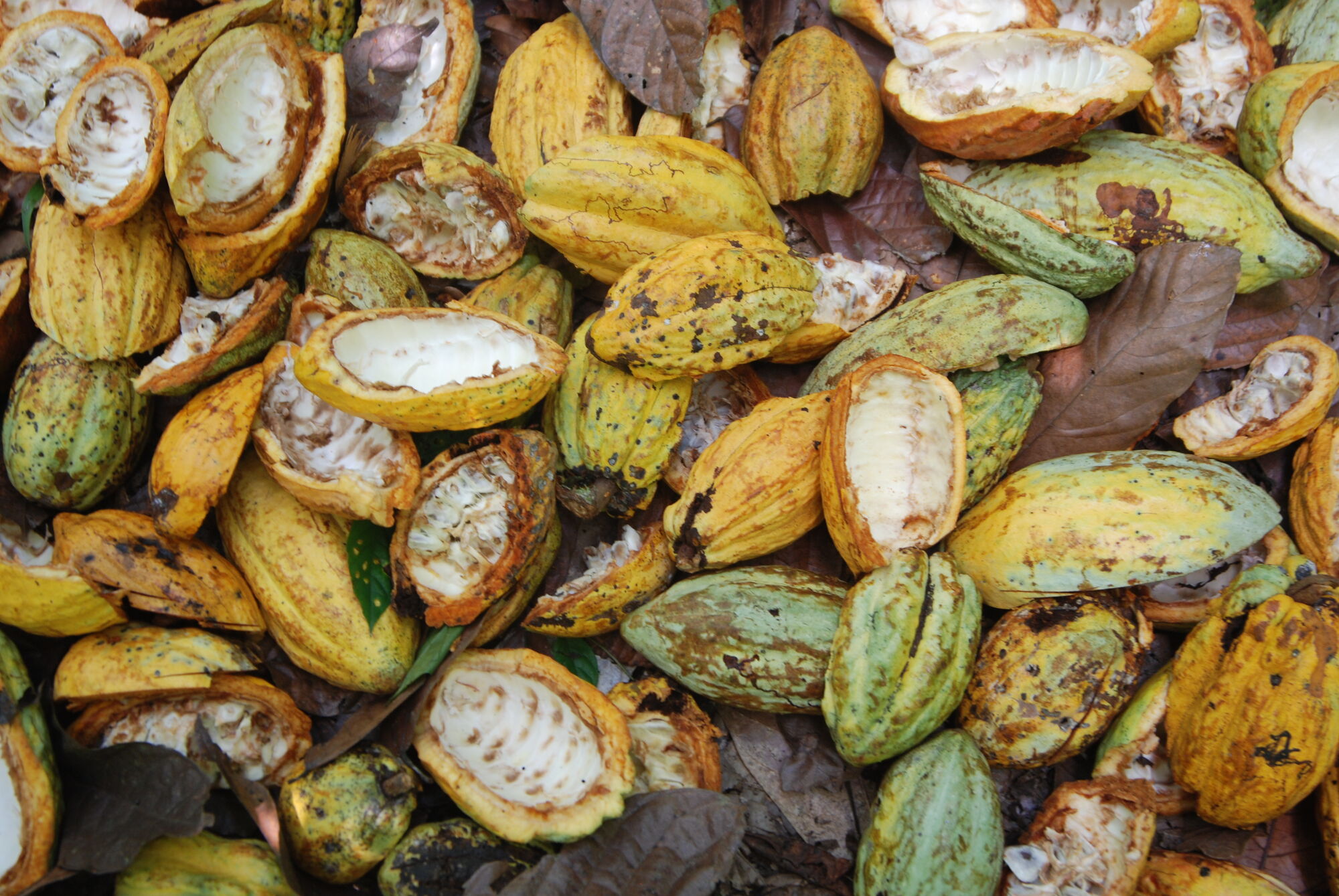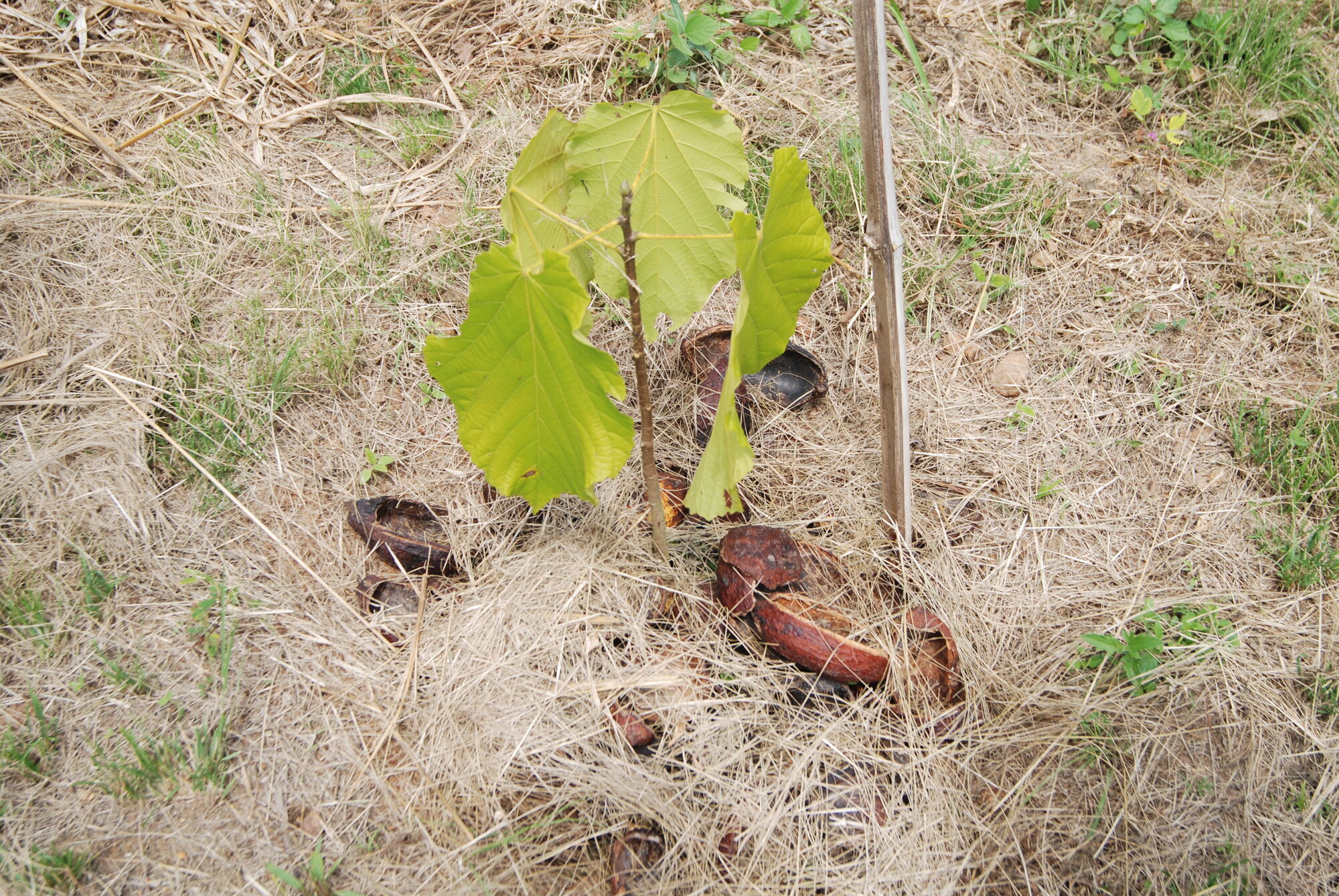Valorisation of cocoa pod husk to be used as biochar
What is the main objective of the project?
The goal of this project is to improve farmer livelihoods and actively shape a sustainable food system – for people and the planet. Koa aims to go beyond its current food upcycling business by valorising other parts of the cocoa fruit: Cocoa pod husk will be processed into biochar, sequestering carbon from the atmosphere, serving as a soil enhancement for the cocoa farm and increasing yields of the future.
How will the project contribute to sustainable cocoa production?
Firstly, it will help farmers earn a living income: The cocoa pod husk valorisation contributes to a higher farmer income through income diversification (farmers can sell the pod husk), reduced costs for farming inputs (such as fertilizer) and improved productivity (such as higher yields).
Secondly, the project supports efforts for a deforestation-free and climate-friendly cocoa supply chain.
Biochar is sequestering carbon from the atmosphere, thus reducing the carbon footprint within the cocoa value chain. The application on cocoa farms strengthens the resilience and adaptive capacity of soils. Biochar is considered a climate-smart agriculture practice and through the maintenance of productivity, reduces the risk of further deforestation.
What steps are taken during the project?
During the project, field trials are conducted on cocoa farms in Ghana in collaboration with local communities and research institutes. The goal is to collect around one to three tons of fresh cocoa pod husk per farmer and turn it into biochar using mid-tech pyrolysis equipment. This biochar is then mixed with a fertiliser component and reintroduced into the soil where the effects on soil fertility and productivity are measured subsequently. Depending on the concept of operations, either a decentralised pyrolysis in the communities or a large-scale production at Koa’s pulp processing factory are feasible concepts.
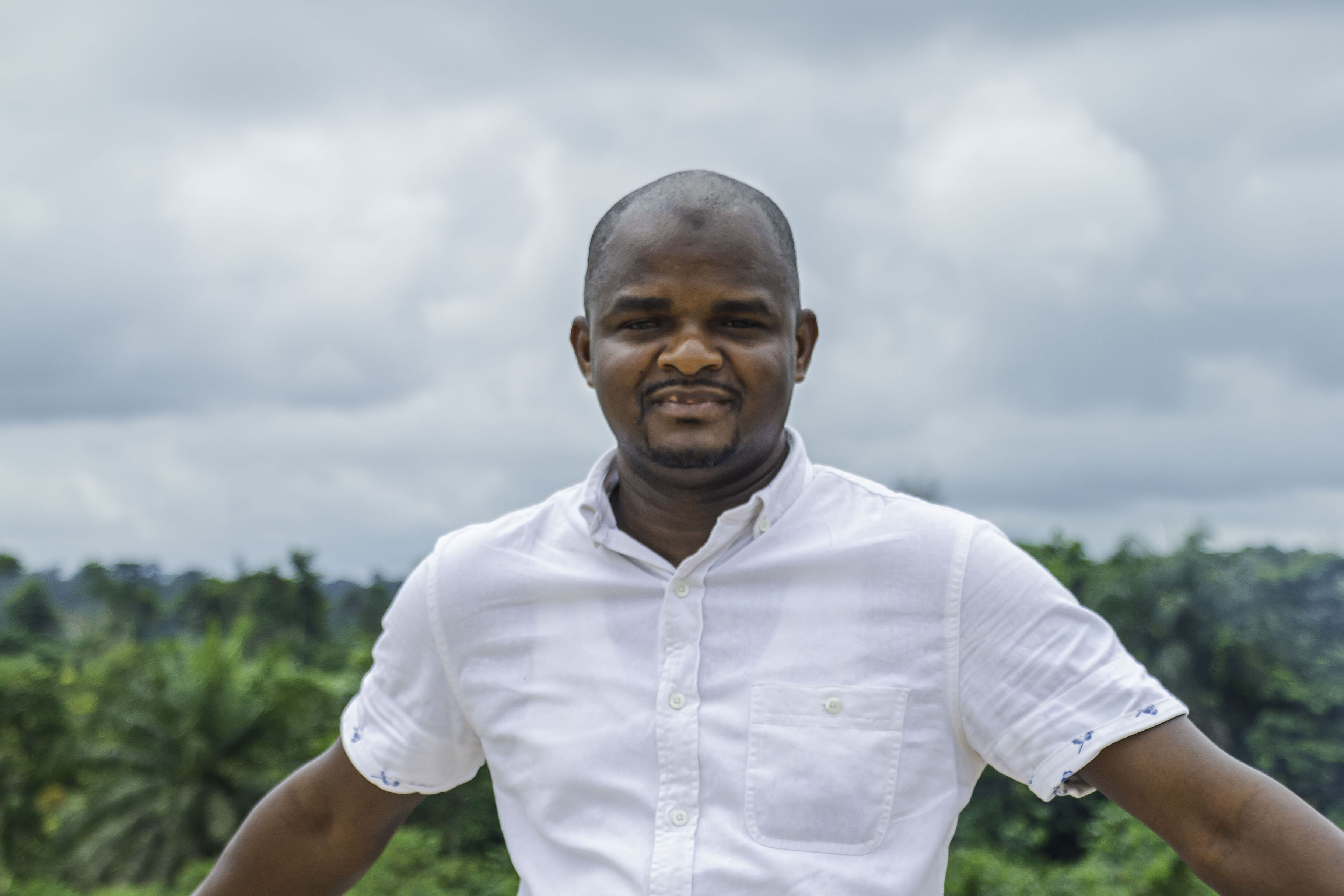
“This project offers a fresh approach to addressing cocoa cultivation challenges by harnessing waste resources from within the value chain.”
What is innovative about this project?
Cocoa pod husk is an available resource that has the potential to be further valorised. Turning them into biochar is an innovative approach to combine and implement carbon removal, regenerative agricultural practices, and yield increase on smallholder cocoa farms. A key aspect of this project is to overcome the challenges of working with moist raw materials in a rural environment, where infrastructure is very limited. A process to valorise moist agricultural waste in rural areas is the door opener to improve efficiency in many other agricultural value chains besides cocoa.
How does the project contribute to improving the situation of girls and women?
Koa strongly supports the empowerment of women and gender equality. Even though Ghana is a matriarchal society, a higher ratio of cocoa farms is managed by men. At Koa, approximately 40% of all farmers onboarded are female. New ideas and work that have no tradition and history of gender roles are good opportunities to enable equal chances to adopt new practices - for both, men, and women. In this project specifically, we select an equal percentage of 50% of farms managed by males and females during our application trials of biochar.
How do you plan to ensure the scalability of the sustainable innovations implemented in the cocoa value chain?
Koa aims to roll out the use of cocoa husk as biochar with all the farmers who work with us today and in the future. Koa has been operating a cocoa fruit upcycling business in Ghana since 2017 and today operates a facility with a production capacity of 300 tons of cocoa pulp from up to 2,000 farmers. From these farmers, the same amount of cocoa pod husk can be collected and processed into biochar. Today, the majority of cocoa beans are produced by smallholder farmers in West Africa. The technology and operations piloted in this project are designed for an environment with little access to infrastructure and are possible to implement in rural areas.
Organisations involved
